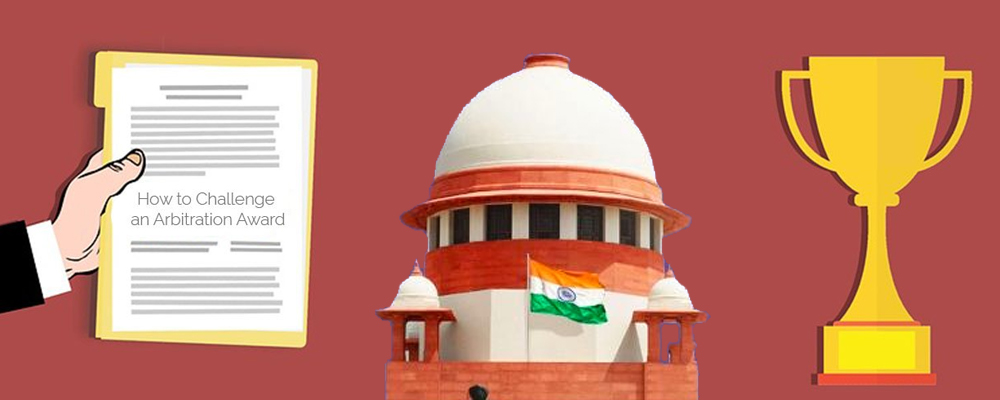The Single Bench of Justice Vibhu Bakhru, observed that the rendering of an arbitral award if delayed without a just cause, then in such a case the decision of arbitration could be challenged. It was held that unexplained delay is in conflict with the public policy of India and can be challenged under Section 34 if the Arbitration and conciliation Act,1996.
The petitioner Director General of CRPF released a tender inviting bid. The respondent Fibroplast Marine Pvt. Ltd. submitted the bid and was declared successful. After agreement was signed, a dispute arose, the respondent denied following the agreement and decided to go for arbitration. The respondent then filed a petition in the High Court of Delhi to appoint an arbitrator under Section 11 of the A &C Act,1996. As a result of which a sole arbitrator was appointed by the court to adjudicate the dispute and thus the matter was referred to Delhi InternationalArbitration Centre (DIAC). The arbitrator decided in the favour of the respondent, which was challenged by the Petitioner under Section 34 of the Act of 1996 in the Delhi High Court.
The petitioner submitted before the court that there was an unexplained delay of 18 months in rendering the award and conclusion of hearing. Also adding that the award was also contrary to the rules of the DIAC, which state that the proceedings shall be concluded within 6 months. The 36.2 rule of DIAC provides that proceedings shall be completed within 6months, while rule 36.3 states that the period could be extended for a period of upto 6 months.
Need A Legal Advice
The internet is not a lawyer and neither are you. Talk to a real lawyer about your legal issue

The court noted that there was an unexplained delay in proceeding which extended to a period of almost 2 years, which can’t be justified.
The Court Noted that in the Case of Harji Engineering works pvt. Ltd.versus Bharat heavy Electricals Ltd.and Anr (2008), Delhi High Court had ruled that an arbitral award that is passed after an unexplained delay is contrary to justice.
Thus, the Court held that an award which defeats justice would be in conflict with the public policy of India. The court held that, inordinate and unexplained delay in rendering the award makes it amenable to be challenged under Section 34(2)(b)(ii) of the Act of 1996, as being in conflict to the public policy of India.
Thus, the court set aside the arbitral award and allowed the petition.
In conclusion, parties decide to follow the arbitration proceedings so as to shorten the time it would take if the case is decided by the court of law as well as they would not have to follow the hectic proceedings of the court, however if in rendering the award of arbitration, unexplained time is consumed, the whole intent of going for arbitration would be mute.
Lead India provides experienced lawyers and a dedicated legal team, to provide proper guidance and advice in dealing with various issues and disputes.





 Talk to a Lawyer
Talk to a Lawyer